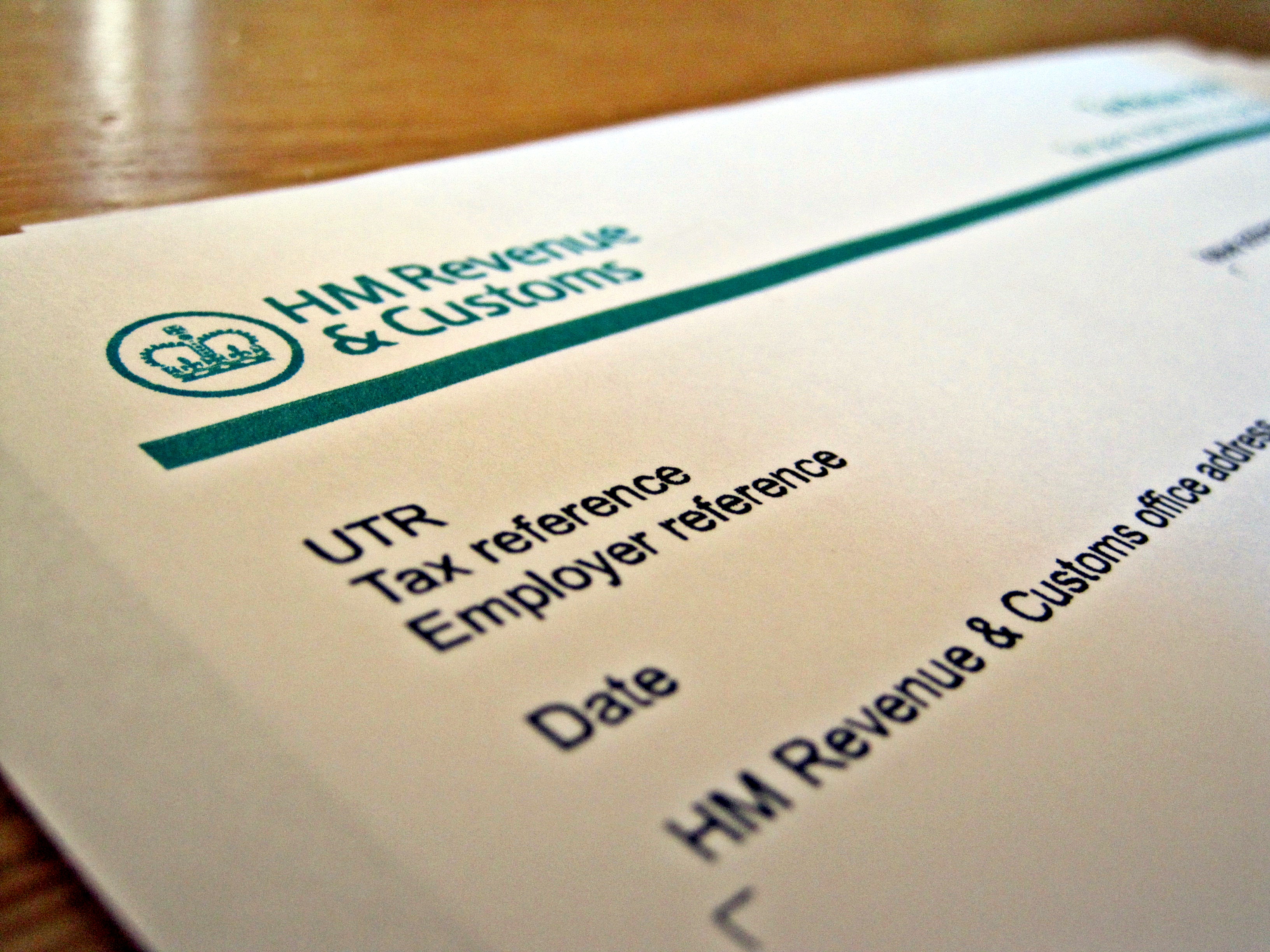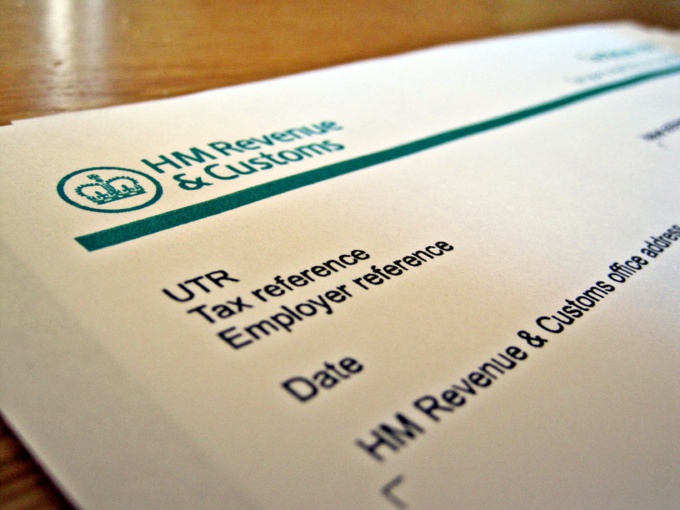The HMRC has been "littered" with reports of accounts in foreign banks, which may belong to 3 million British citizens, writes The Sunday Times, citing tax experts.
The watchdog received 5.7 million messages as part of a unified standard for the exchange of information, which assumes that banks provide tax officials with data on customer accounts, cash flows for the year and balances, and they transmit them to foreign colleagues. The standard was approved back in 2014, but the exchange on it began only in 2017. From January to November 2018, 86 jurisdictions exchanged tax information with each other, the Organization for Economic Cooperation and Development reported.
At that, the UK tax authorities simply do not have enough staff to study all the information received, the newspaper writes referring to a network of audit and consulting organizations BDO. Instead, the tax office simply sends letters to potential tax evaders asking them to disclose details about their financial affairs. Also, the department in the appeals warns of the punishment that awaits the addressees, if they are later really revealed.
The law firm Pinsent Masons told The Sunday Times that over the past year, the tax service has made 540 specific requests to authorities in other countries. They attempted to find out information about the country's richest people who could evade taxes. Much more useful information could be obtained thanks to the new standard, emphasized BDO partner Richard Morley. “This could potentially change the game. But the simple truth is that they do not have enough people to act on the basis of this information. They have a new Connect computer system that organizes all this for them, but there is no one to read it,” he told the newspaper.
In its commentary for The Sunday Times, the HMRC did not mention the problems. “We are committed to fighting tax evasion. New agreements on the automatic exchange of information make it possible to find those who hide money in offshore with more ease than ever,” the message said.
source: thetimes.co.uk
The watchdog received 5.7 million messages as part of a unified standard for the exchange of information, which assumes that banks provide tax officials with data on customer accounts, cash flows for the year and balances, and they transmit them to foreign colleagues. The standard was approved back in 2014, but the exchange on it began only in 2017. From January to November 2018, 86 jurisdictions exchanged tax information with each other, the Organization for Economic Cooperation and Development reported.
At that, the UK tax authorities simply do not have enough staff to study all the information received, the newspaper writes referring to a network of audit and consulting organizations BDO. Instead, the tax office simply sends letters to potential tax evaders asking them to disclose details about their financial affairs. Also, the department in the appeals warns of the punishment that awaits the addressees, if they are later really revealed.
The law firm Pinsent Masons told The Sunday Times that over the past year, the tax service has made 540 specific requests to authorities in other countries. They attempted to find out information about the country's richest people who could evade taxes. Much more useful information could be obtained thanks to the new standard, emphasized BDO partner Richard Morley. “This could potentially change the game. But the simple truth is that they do not have enough people to act on the basis of this information. They have a new Connect computer system that organizes all this for them, but there is no one to read it,” he told the newspaper.
In its commentary for The Sunday Times, the HMRC did not mention the problems. “We are committed to fighting tax evasion. New agreements on the automatic exchange of information make it possible to find those who hide money in offshore with more ease than ever,” the message said.
source: thetimes.co.uk



















